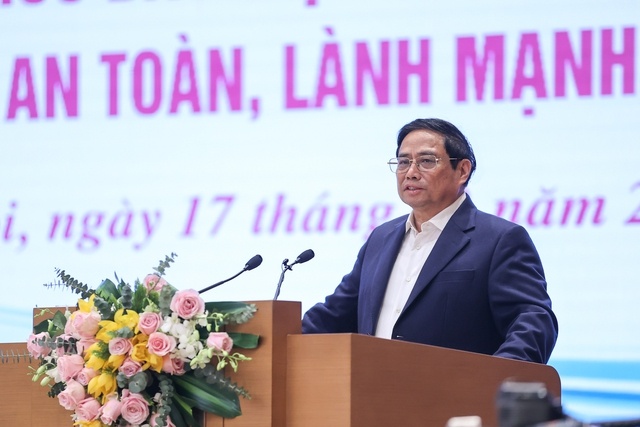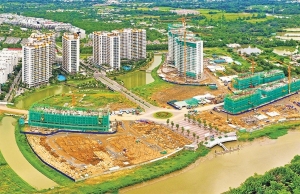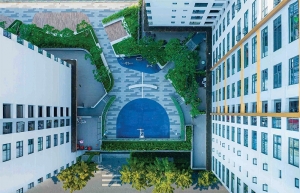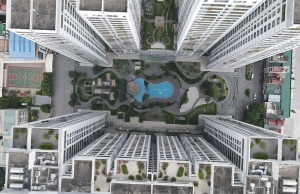Vietnam to execute $5 billion real estate credit package
The government will also launch a housing development initiative for low-income individuals, focusing on worker housing and housing for policy beneficiaries. Prime Minister Pham Minh Chinh said on February 17 at the National Online Conference that he will foster the long-term and sustainable growth of the real estate industry. Around $3.36 billion is now frozen since real estate developments have been stalled.
 |
| Prime Minister Pham Minh Chinh at the conference. Photo: VNA |
Since the end of last year, the government and ministries have been focused on resolving real estate market problems, an issue that has been building up for a long time that has recently been uncovered due to external and internal challenges.
The prime minister said that it was vital to "be aware of the situation and have a solution". The remedy must be built on the idea of harmonising advantages, sharing risks, and working collectively on the state, the people's, and the economic community's interests.
The PM said that management policies "had not adjusted in a timely manner" to market trends and that there were still several legal issues and barriers to obtaining money, including loans, bonds, securities, and customer-mobilized cash.
According to the prime minister, there are still delays in the planning and modification of planned initiatives. In addition, he said that "real estate companies were not particularly adaptable and prompt in addressing their own difficulties."
Vietnam's real estate market has several major issues, according to the Vietnam National Real Estate Association (VNREA) and numerous businesses: the product line is out of phase; the high-end segment is widespread, while the segment for those on low-incomes is low, and policies are insufficient.
In Vietnam, real estate prices are not sensible. Vietnam's per capita income is barely $4,100 per year, while property prices in HCMC have increased to $2,309 per square meter, according to VNREA. This means it takes about year's salary to purchase just two sq.m of property.
 | Cash burden alleviation now called for The domestic real estate market is starting to recover, but it would benefit from more governmental assistance, such as softer bank loans and credit. |
 | Fresh trends to accumulate property in 2023 Investment trends could be shifting to the longer term to earn profits within the next 3-5 years, instead of more speculative investments. Trang Le, head of Research and Consulting at JLL Vietnam, told Hai Yen about accumulating real estate assets in 2023. |
 | Pinpointing the bottom of the market Like securities, the real estate market has experienced volatility, with cash flow remaining the greatest problem going into 2023. |
What the stars mean:
★ Poor ★ ★ Promising ★★★ Good ★★★★ Very good ★★★★★ Exceptional
Related Contents
Latest News
More News
- An Phat 5 Industrial Park targets ESG-driven investors in Hai Phong (January 26, 2026 | 08:30)
- Decree opens incentives for green urban development (January 24, 2026 | 11:18)
- Public investment is reshaping real estate’s role in Vietnam (January 21, 2026 | 10:04)
- Ho Chi Minh City seeks investor to revive Binh Quoi–Thanh Da project (January 19, 2026 | 11:58)
- Sun Group launches construction of Rach Chiec sports complex (January 16, 2026 | 16:17)
- CEO Group breaks ground on first industrial park in Haiphong Free Trade Zone (January 15, 2026 | 15:47)
- BRIGHTPARK Entertainment Complex opens in Ninh Binh (January 12, 2026 | 14:27)
- Ho Chi Minh City's industrial parks top $5.3 billion investment in 2025 (January 06, 2026 | 08:38)
- Why Vietnam must build a global strategy for its construction industry (December 31, 2025 | 18:57)
- Housing operations must be effective (December 29, 2025 | 10:00)

 Tag:
Tag:



















 Mobile Version
Mobile Version